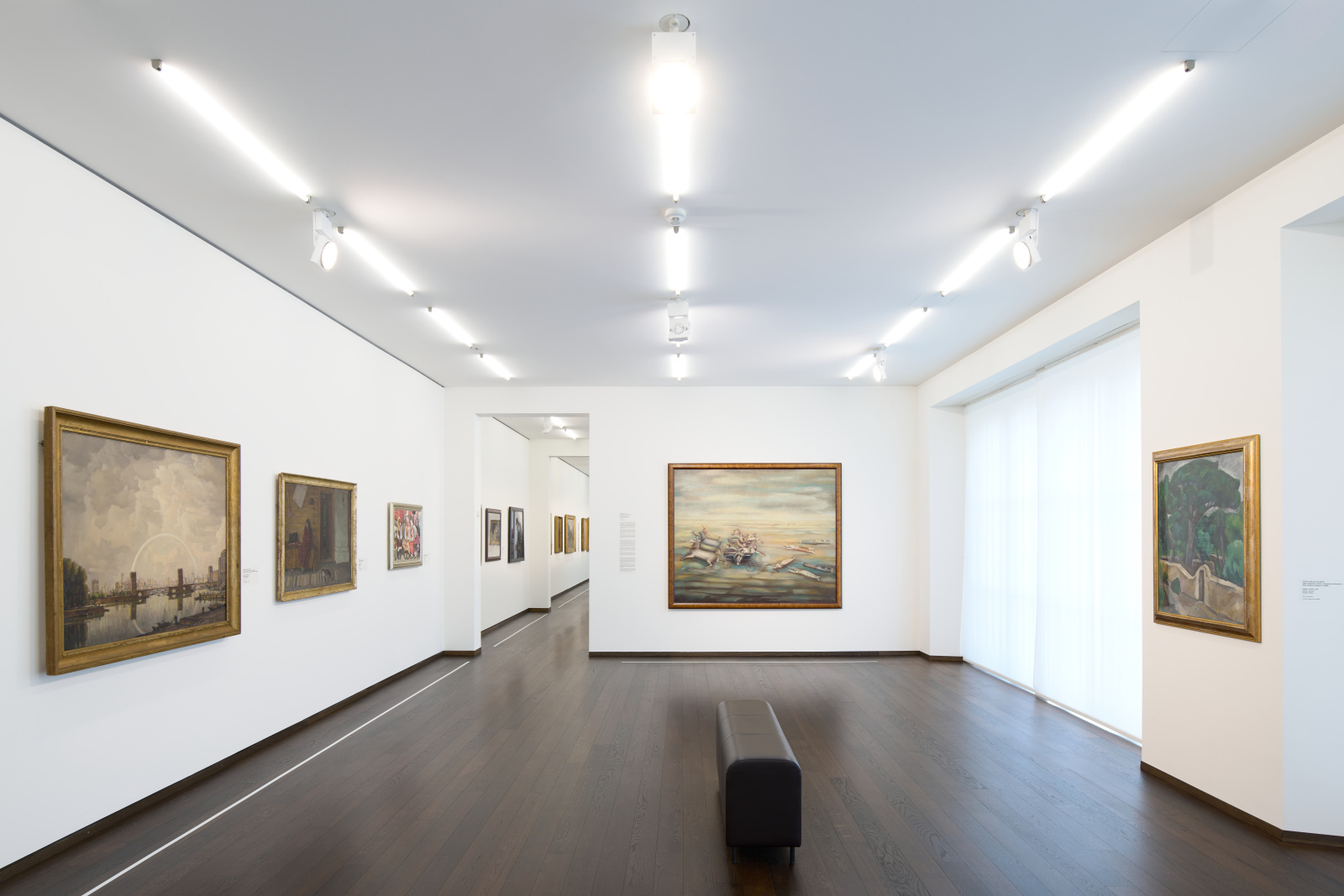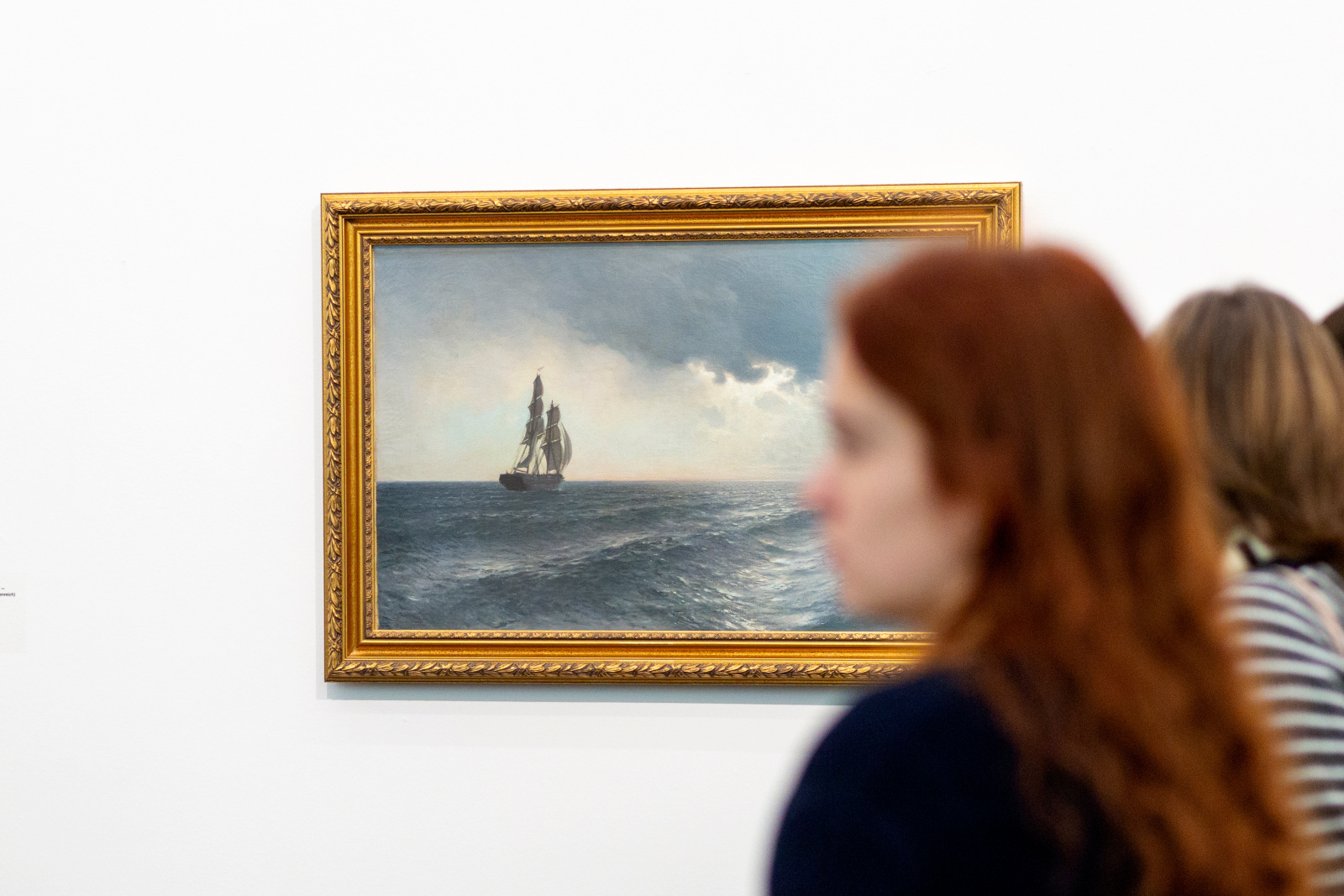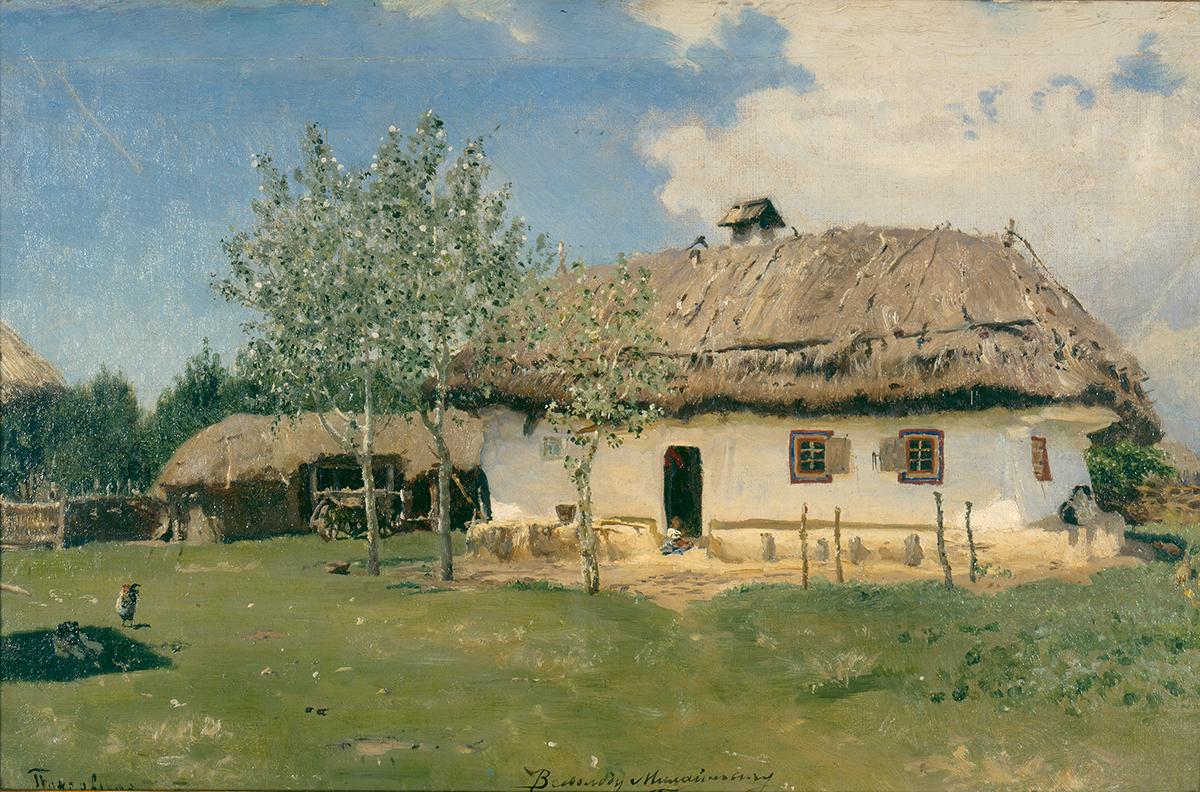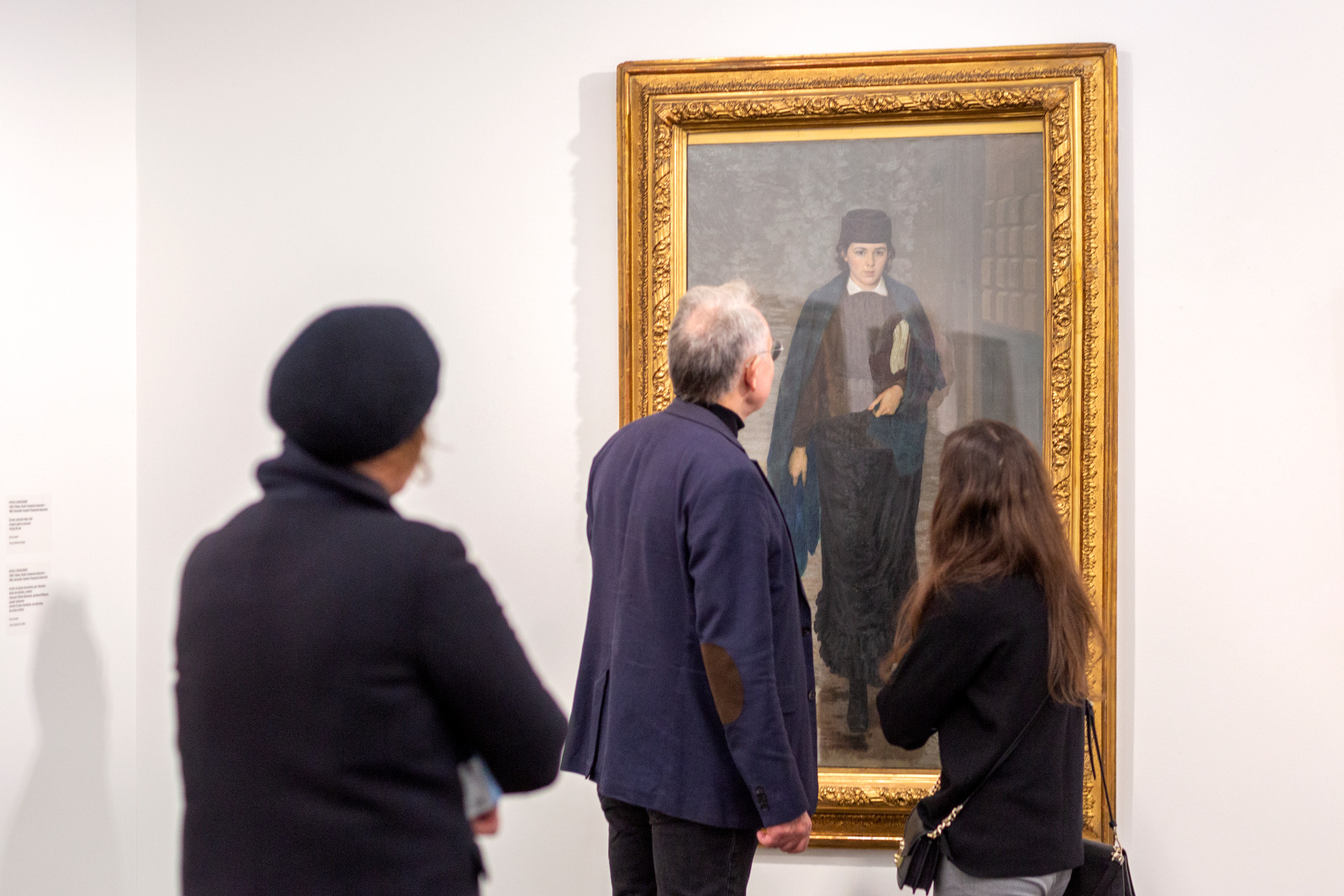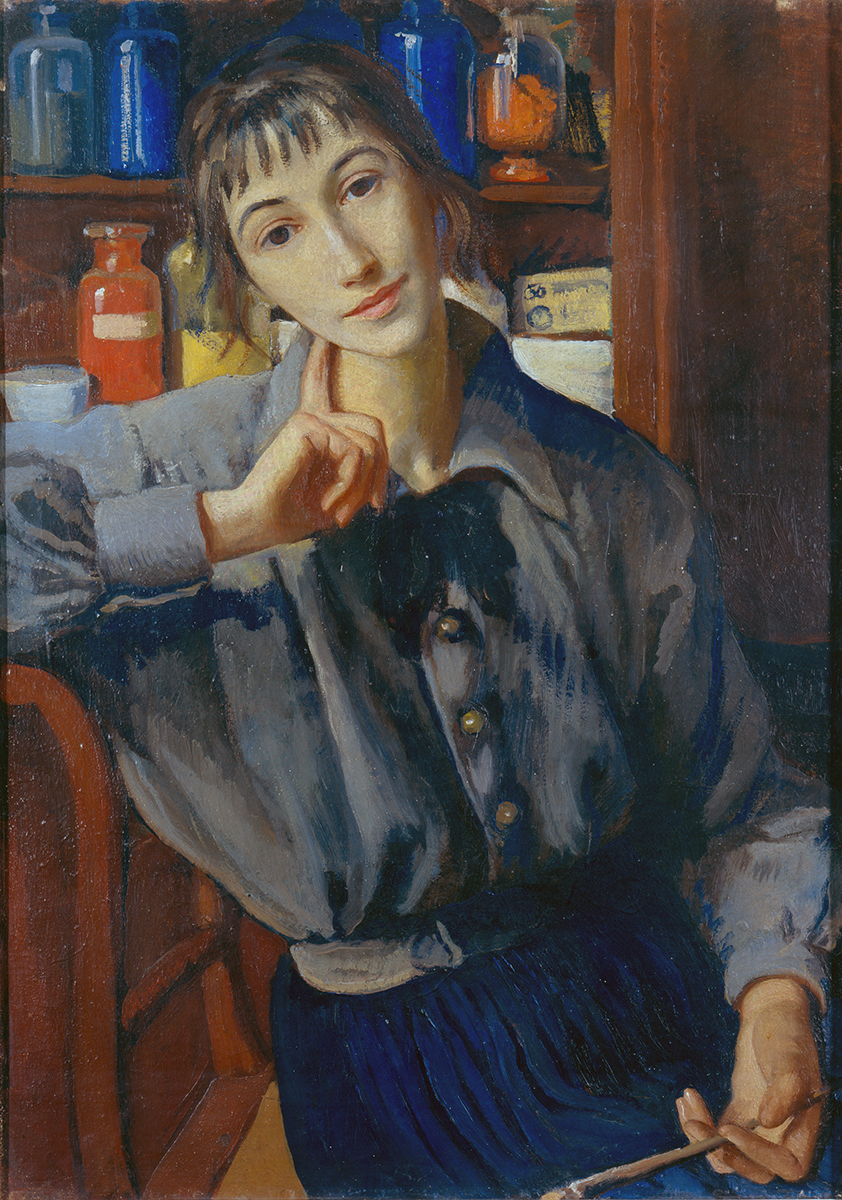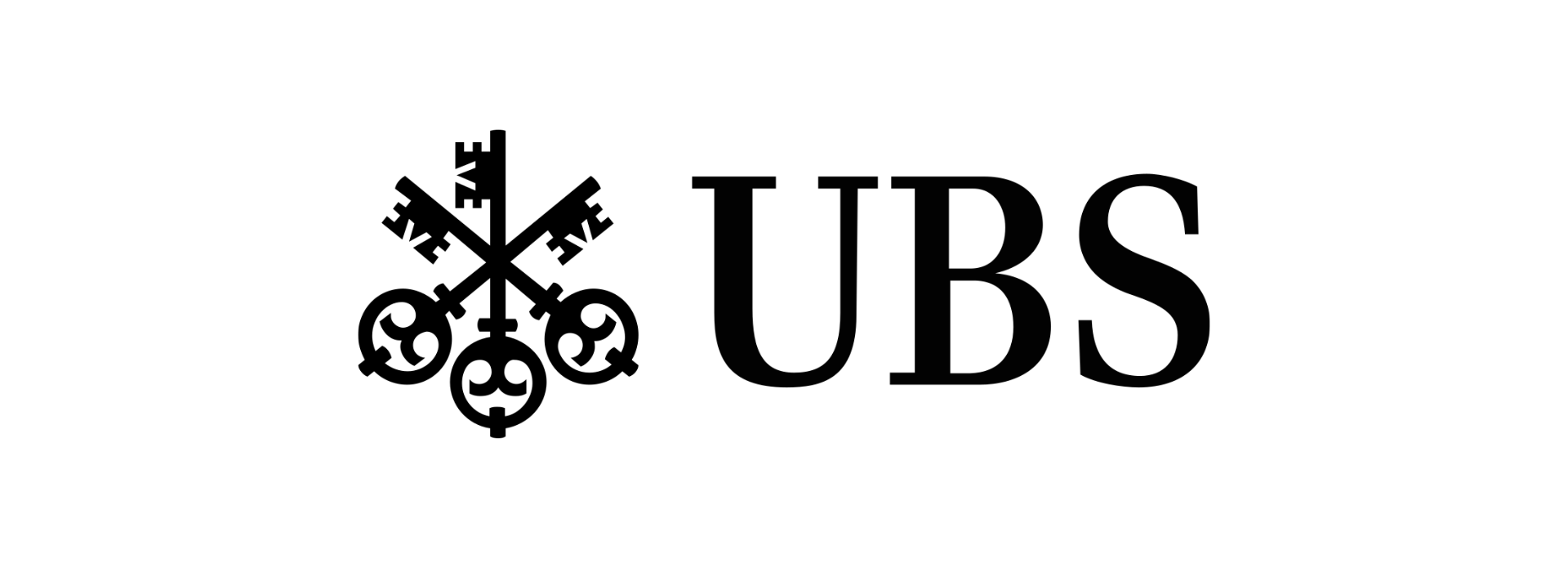Born in Ukraine
The Kyiv National Art Gallery in Basel
In the exhibition Born in Ukraine, the Kunstmuseum Basel showcases works by 31 artists from the Kyiv National Art Gallery, Ukraine’s national art museum. The forty-nine paintings from the eighteenth through the twentieth century and other works from Kyiv will find a temporary home in Switzerland.
In the spring of 2022, representatives of the Kyiv National Art Gallery had approached the Kunstmuseum Basel. Given the lack of protected storage spaces for their collection in Kyiv, they were looking for museums abroad that would shelter selections from the outstanding collection. Rather than merely bringing the works abroad and out of harm’s way, they hoped to see them exhibited in their temporary new homes.
Conceived in collaboration with the Kunstmuseum Basel, the exhibition Born in Ukraine now introduces broad audiences to art from Ukraine, offering visitors an opportunity to discover the heritage of a European culture that we know relatively little about. The show is also an invitation to the many Ukrainian refugees in Switzerland.
The project Born in Ukraine pays homage to the distinctive history of the Kyiv National Art Gallery, known as Kyiv Museum of Russian Art when Ukraine was part of the Soviet Union. Since 2014, the museum has been engaged in a critical review and scholarly examination of its own collection that calls the idea of Russian art as an ostensibly homogeneous body of cultural assets in question. This year’s Russian attack on Ukraine has lent that undertaking new and existential urgency.
Among the artists whose work is on display in the exhibition Born in Ukraine are Illiia Repin, Dmytro Levytsky, Volodymyr Borovykovsky, Arkhyp Kuindzhi, Mykola Yaroshenko, and Davyd Burliuk. All these painters were born in Ukrainian lands. Many of them, however, were trained in Russia and became cultural exponents of the Russian Empire and, later, the Soviet Union. Some subsequently settled in Western Europe or the United States. In addition to these ethnic Ukrainians, Born in Ukraine also features artists with Jewish, Polish, Armenian, or Greek roots whose practices were informed by several distinct national traditions, such as Ivan Aivazovsky, Lev Lagorio, Arkhyp Kuyindzhi, Kostiantyn Kryzhytsky, Isaak Brodsky, and Davyd Shterenberg.
